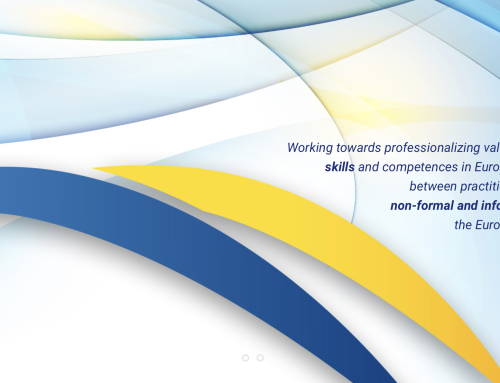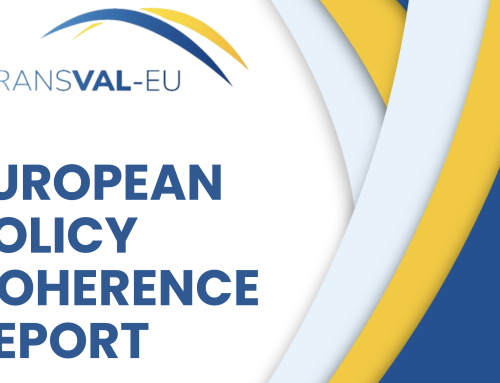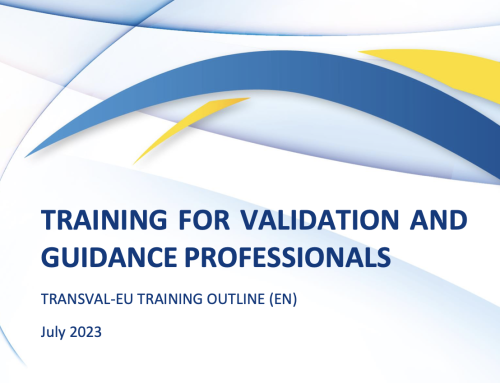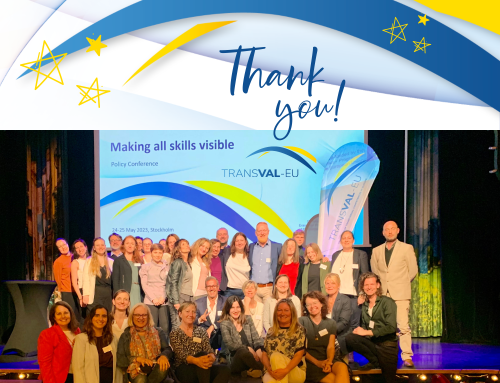Paper: The quality of the validation assessor
By Erik Kaemingk, partner and expert in TRANSVAL-EU advisory board, and Henk Nelissen (independent trainer of validation assessors). Translated from Dutch.
This week, we would like to share with you a paper where authors Erik Kaemingk and Henk Nelissen present us with the key success factors for validation professionals to succeed in identifying objectively whether a candidate is competent in his or her professional field.
They start by reaffirming that assessment for diploma and the validation of non-formal and informal learning are two very different processes and they cannot be conducted in the same way. Using examples from the Dutch National Knowledge Centre for Validation, the authors explain the diverse way that an assessor can evaluate whether a candidate is competent using multiple tools and methods (simulation, interviews, or the STARR method). The importance of the quality of the process and of the assessors‘ own skills to conduct it are stressed throughout the paper.
The article also deals with potential pitfalls that might arise in the validation journey and how to avoid them. Many arguments are made in the direction chosen by the TRANSVAL-EU project which is about professionalising validation practitioners to increase quality in both the process and the outcomes, which, in the end, benefit the end-user, that is the candidate. Still, in many EU countries, validation practitioners do not follow a specific curriculum to do the job and there is no diploma for being an assessor. Therefore, aligned with the authors of the article and the goals set by the TRANSVAL-EU project, it is of utmost importance to make training opportunities available for these professionals throughout their career life.
You can read the complete paper here.




